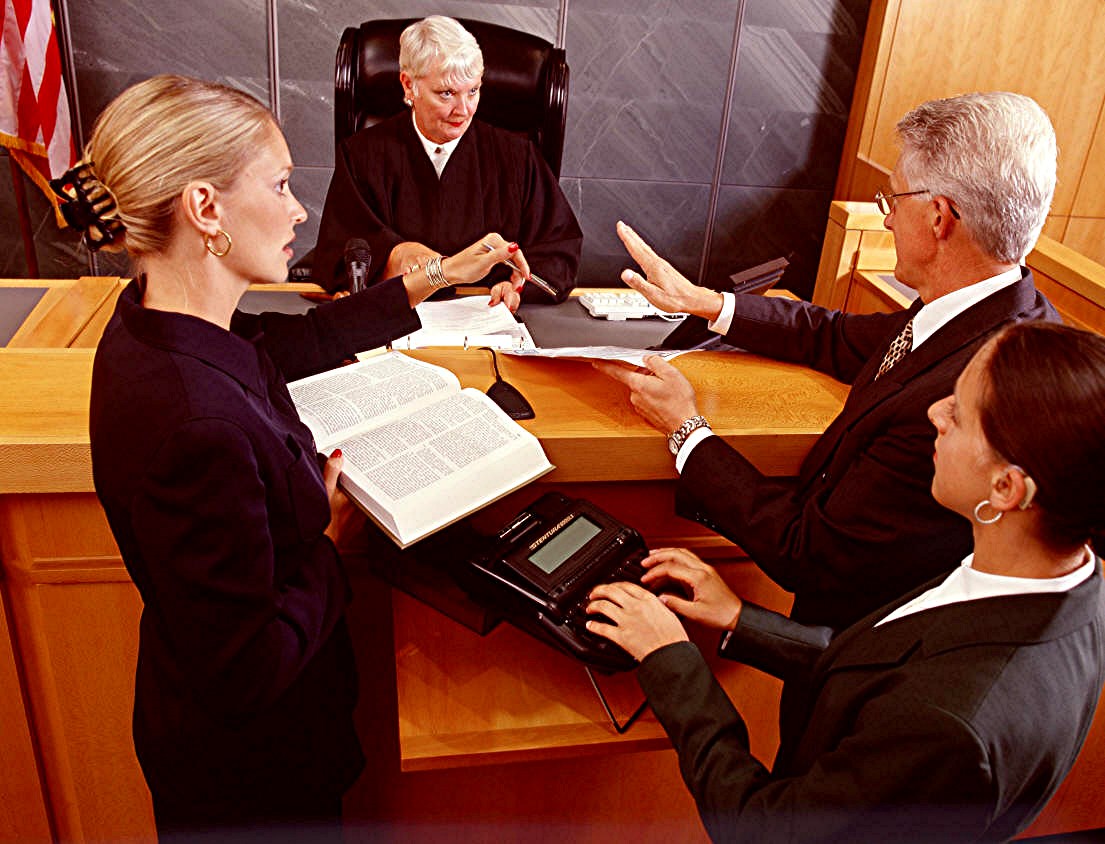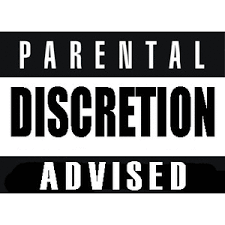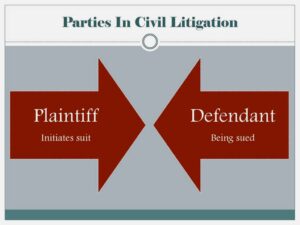
Pacific Granite v Jacob Construction 2022 BCSC 2141 refused an application for 4 additional hours of time to examine the opposing party for further examination for discovery.
An examination for discovery is in the nature of a cross-examination, where the examiner is in control of the questions.
It is not the duty of the court to micro-manage how counsel conducts a discovery (Kendall v. Sun Life Assurance Co. of Canada, 2010 BCSC 1556 at para. 52).
Rule 7-2(2) limits an examination for discovery to 7 hours, or any greater period to which the person to be examined consents. Mr. Nilson’s discovery comprised two full days and is acknowledged to have taken well over 7 hours. A review of the transcripts shows that Mr. Nilson has now been discovered for over 9 hours. The plaintiff seeks an additional 4 hours.
The considerations of the court on such an application are set out in Rule 7-2(3):
Considerations of the court
(3) In an application under subrule (2) to extend the examination for discovery period, the court must consider the following:
(a) the conduct of a person who has been or is to be examined, including
(i)the person’s unresponsiveness in any examination for discovery held in the action,
(ii)the person’s failure to provide complete answers to questions, or
(iii)the person’s provision of answers that are evasive, irrelevant, unresponsive or unduly lengthy;
(b) any denial or refusal to admit, by a person who has been or is to be examined, anything that should have been admitted;
(c) the conduct of the examining party;
(d) whether or not it is or was reasonably practicable to complete the examinations for discovery within the period provided under subrule (2);
(e) the number of parties and examinations for discovery and the proximity of the various interests of those parties.
In Kendall v. Sun Life, the court said at para. 14 “The newly imposed time limit on discovery makes it all the more important that the courts enforce the principle that counsel for the examined party must not unduly interfere or intervene during the examination for discovery. The time limit imposes a self-policing incentive on the examining counsel to be focused and to not waste time on questions that will not advance the purpose of investigating the case or obtaining admissions for use at trial. “
In More Marine Ltd. v. Shearwater Marine, 2011 BCSC 166, Justice N. Smith said (at para. 12) “Although the test for relevance of a particular question or group of questions remains very broad, examining parties who ask too many questions about marginally relevant matters, who spend too much time pursuing unproductive trains of inquiry or who elicit too much evidence that will not be admissible at trial risk leaving themselves with insufficient time for obtaining more important evidence and admissions.”
Having asked too many questions about marginally relevant matters, there was insufficient time remaining to address the balance of the questions that counsel wished to ask. An examination for discovery is not an opportunity for limitless questioning, even on relevant matters. There is a reason for the time limit set out in the Rules.




